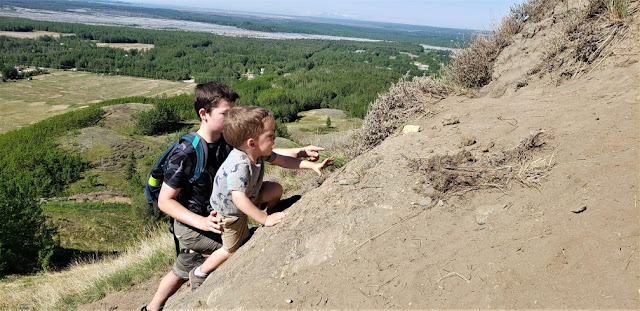I used to love the old 1960’s show, The Lone
Ranger. It’s about one dude who rolls into town, fights the bad guys, saves
the day and figures out all the problems by himself. I think our society has
grown to love and admire that type of character more and more. The self-made
man or woman, the solo climber, the person who surmounted seemingly impossible
obstacles alone without needing anyone else. It is the ideal that brought us
Rambo and the one-man army.
Americans love the idea of independence, but we
sometimes miss the reality of interdependence. Rambo doesn’t exist. And if he
did, he would not have survived long. Even the Lone Ranger had Tonto.
In life, we are all faced with mountains we must overcome. We sometimes place pressure on ourselves that we must go it alone.
This is our obstacle and our journey alone. We must be a solo climber. But the
solo ascent should be the exception, not the rule.
We need other climbers to get us to take one more
step when all we want to do is sit down or turn around. We need them to pull us
up when we’ve taken a fall. We need companions to bring us back on the trail
when we veer off course. And we need that friend who will give us a boost, a
little push, when the path gets especially steep.
There are many treacherous paths we must travel
in life. The trail gets difficult. There are many mountains to overcome. If you
want to go fast, go at it alone. But if you want to go far, go together.
Together, we will summit those mountains.



Comments
Post a Comment